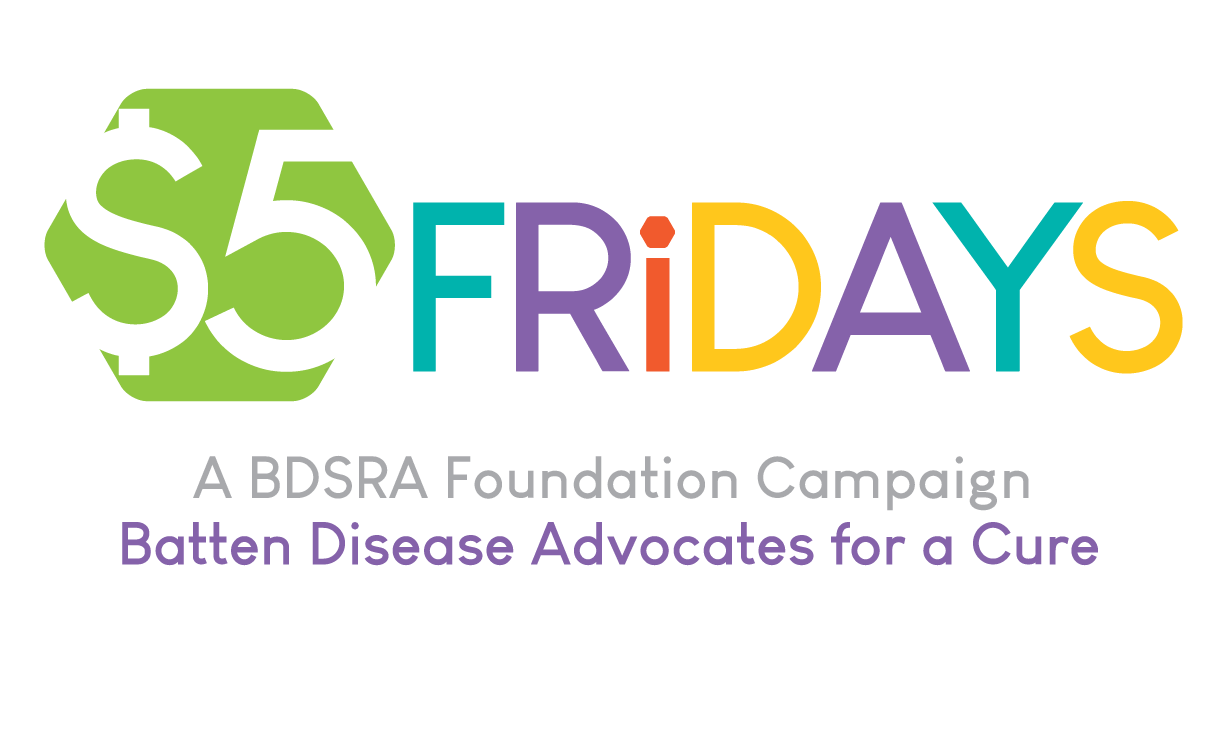This summer Jon Cooper and his family moved from England to Southern California, and we asked him some questions for our Researcher Q & A
How long have you been studying Batten disease?
I’ve been studying Batten disease since shortly after I became a Dad, so that’s now over 20 years. At that point studying children’s diseases became much more relevant and I was lucky to be asked to work on a Batten disease project at UCSF. I then met my first Batten’s family, the Aurelio’s from San Jose and their daughter Natalie, and talking with them convinced me this was what I should work on. To remind and inspire me, I still keep a picture of Natalie by my computer.
You’re known as ‘the pathologist’….what does that mean for Batten research and is this accurate?
A typical pathologist will look at sections of the brain (or any other tissue) and try to figure out what has gone wrong. That’s partly what we do, and we have found out really important things like which bits of the brain and which types of cells have particular problems in Batten disease. But we don’t just work with brain sections, as we also grow cells in a dish, and find out how the interactions between these cells contributes to disease. There aren’t many pathologists around these days, so we are asked to work with many different people and help them with their research too. We look at the brains (and now the rest of the body) in Batten disease mice, dogs, sheep and even pigs, as well as looking at human brains. I’m really a neurobiologist who has ended up doing a lot of pathology as a means to an end. This is to understand these diseases better, so that we can devise better therapies, deliver them to the right place at the right time and can tell if they have worked.
Tell us about your move to UCLA. What new adventures are ahead there?
The move to the Harbor-UCLA Medical Center is very exciting for many reasons. There is a long history of working on similar lysosomal diseases at LABioMed, so I have colleagues who understand the work we are doing, and have recruited me here on the strength of what I do. I no longer have any teaching commitments, or a very large graduate student program to run, something that was taking up over half my time in London. The aim of moving here is to free me up to be able do my Battens research faster. I’ve always worked very closely with other researchers in the US and that will also be much easier from now on. The lab in London has kept on working while I’m here getting the new lab set up. Several of them will be coming here soon, so we will be very much continuing with our Battens work, just with added palm trees…
How are you adjusting to southern California? What’s your sunscreen bill? And are there UK meals you miss?
Living where we are we, can find most things, except perhaps traditional fish and chips. There’s even a shop near us that sells Heinz Baked Beans, which the boys had really missed. When we lived in California in the ’90s it was much harder to find good beer and non-plastic cheese, but the first of these has greatly improved, especially here in the South Bay. Skype has also made it much easier to keep in touch with friends and family in the UK, and cable means it’s also much easier to watch English football. Happily, I can now also watch baseball without having to get up in the middle of the night! After London it takes some getting used to having MUCH better weather most of the year, and having to use sunscreen in November and December is a very big change! Most importantly the family have all settled in really well, and are really enjoying the Southern California lifestyle, but they show no sign of developing American accents (yet)…


